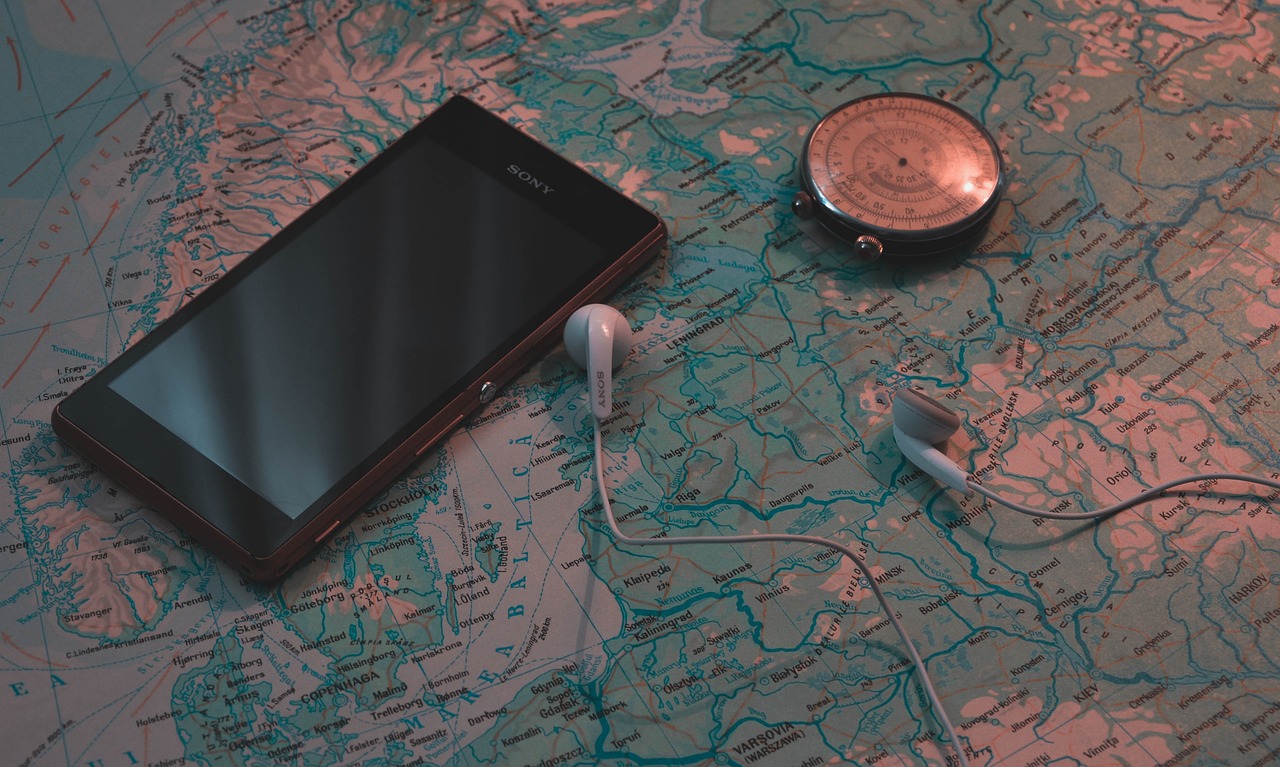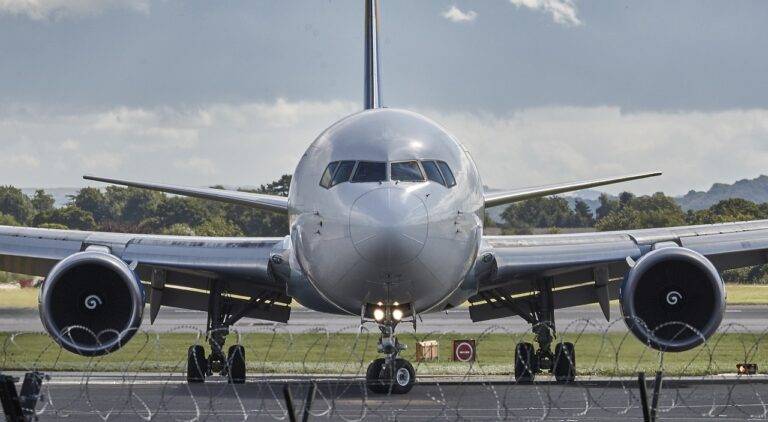The Intriguing World of Urban Exploration: Discovering Forgotten Places
Urban exploration, often referred to as urbex, has roots that trace back to the late 18th century when the concept of urban space and its forgotten areas started to captivate individuals seeking to uncover hidden treasures within abandoned spaces. In the mid-20th century, the fascination with exploring derelict buildings and forgotten places gained popularity among daring adventurers, giving rise to the modern urban exploration movement. Since then, urban exploration has evolved into a global phenomenon, attracting enthusiasts from all walks of life who are drawn to the allure of decayed buildings, underground tunnels, and other off-limits locations.
The spirit of urban exploration is deeply intertwined with a desire to discover the mysteries of these forgotten spaces and to document the passage of time through the decaying remnants of human civilization. As technology has advanced, so too has the ability to capture and share the exploration of these hidden places through photography and videography, allowing for a broader audience to experience the thrill of urban exploration vicariously. Despite its growing popularity, urban exploration remains a pursuit that requires caution, respect for the places being explored, and a keen sense of adventure to navigate the forgotten corners of our urban landscapes.
The Ethics of Urban Exploration
Urban exploration, as a practice, raises complex ethical questions that participants must consider. A key principle is to prioritize safety and respect for both the physical space being explored and the community in which it is situated. This involves obtaining proper permissions, if necessary, and adhering to any posted rules or regulations. Additionally, explorers should be mindful of the potential impact their presence may have on the environment and should strive to leave spaces as they found them. Ghosts of the past may whisper enticingly, but it is vital to remember that these abandoned places are not just playgrounds for thrill-seekers – they hold historical and cultural significance that should be honored and preserved. Ultimately, maintaining a sense of responsibility and integrity can ensure that urban exploration remains a respectful and rewarding pursuit for all involved.
Tools of the Trade: What You Need for Urban Exploration
Urban exploration requires a specific set of tools to ensure safety, efficiency, and preparedness. First and foremost, a reliable flashlight is essential for navigating dark and dimly lit spaces. Opt for a durable, long-lasting flashlight with adjustable brightness settings to suit different exploration environments. Additionally, a portable battery pack is crucial for keeping your electronic devices charged during expeditions. Mobile phones, cameras, and GPS devices are all essential tools that rely on battery power to function effectively in urban exploration settings. Make sure to pack extra batteries or power banks to prevent running out of charge while exploring remote or abandoned locations.





